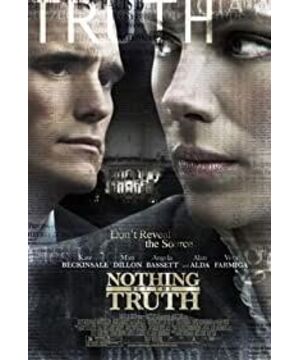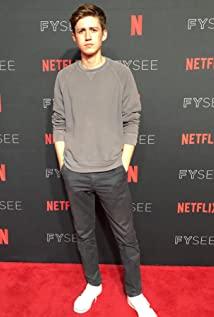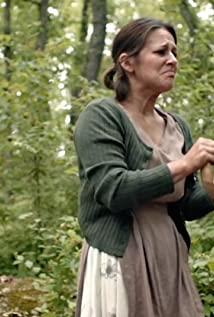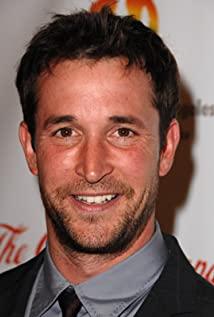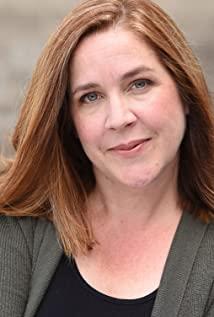In the fierce conflict in the film, the female reporter Rachel, her colleagues, lawyers and other characters obviously represent the justice side. In the negative camp, on the surface, the special prosecutor should be the biggest villain in the whole film. But looking at it carefully, although the prosecutor was pressing step by step throughout the whole incident, it seems that what he did was not intentional. In the reverse half of the film, it is obvious that he was also very concerned about what happened to Rachel. Sympathy, and even want to end this lawsuit as soon as possible. The real villain, or the opposite, is actually the "state machine" that has been hidden behind the scenes. The entire film does not mention this machine at all, but the fierce conflict has never stopped for a moment. In the struggle against it, the individual appears so humble and powerless. This machine is like a giant devil, it devours all human beings who dare to confront him, whether you are a reporter or a CIA agent. In the struggle against it, the law and conscience have all lost their strength, and the individual can only be led by the nose and at the mercy of him. After watching the film, it is difficult for me to have a clear impression of the characters in the film, including the heroine Rachel. It's not that their performances are bad, but that's exactly what the director intended. The director didn't want to turn the film into the second "Assassination of Kennedy". Although Rachel is the main line, he did not want to highlight this character. Rachel, female agents, lawyers, and even special prosecutors are all symbols of opposition to the state apparatus. , this movie is not a struggle between Rachael alone, but a struggle between the state apparatus and either individual.
In the film, the director uses his lawyer's mouth to reveal his main political views and demands: "In the 1972 "Blitzberg v. Hayes" case, it was this court that violated the The mission denied the right to name its informants and instead gave the government the power to imprison all those journalists who refused to disclose their sources. The verdict was reached by a close vote of 5:4. "Blitzberger" Judge Stewart in victims”. With such abuses of power increasing over the years, Ms Armstrong could have compromised in her battle with the government, could have abandoned her principles of secrecy, and could have simply gone back to be with her family. But if she did That means no one will give her any more information, no one will give any more information to her newspaper, and then tomorrow, when we arrest other newspaper reporters, we make these newspapers lose all sources of information, which is equivalent to We are ignoring the existence of the First Amendment. So how do we know if a president is covering up a crime? An army officer is abusing a prisoner? As a country, when we no longer have the ability to restrain the power in the hands of those in power , when the government is no longer afraid of any responsibility, what kind of country will it be? This is something we should seriously think about. Imprisoning journalists? That is for other countries, countries that fear her people, not want to cherish and the country that protects her people. It wasn't that long ago that I started to feel the human pressure from the Rachel Armstrong case. I told her that I only represented her person, not her principles, until I saw her again, I Realized that: for the truly great, there is no difference at all between the individual and the principle".
In the film "Truth Comes First", Rachael, CIA agents and other characters showed a sense of powerlessness, emptiness, and the senselessness of resistance in their confrontation with the state apparatus, with some power of the tragedy of Greek fate. Throughout the film, the director used a lot of shaking telephoto lenses, a lot of character expressions and close-ups of hands, which made the audience feel inexplicable anxiety, giving people a strong sense of immersion, making the audience more and more worried about the fate of the protagonist , which also makes the power of tragedy and criticism stronger.
As a political movie, I haven't seen one as profound as this one. It transcends the opposition between good and evil and good and evil in the general sense, but points out the violation of individual rights and freedoms caused by the infinite expansion of the power of the state apparatus. Thinking of this, I am suddenly amazed at the courage and profound thinking of the film's creators. It can be seen that the sense of responsibility of Chinese filmmakers as cultural people is too different.
View more about Nothing But the Truth reviews


